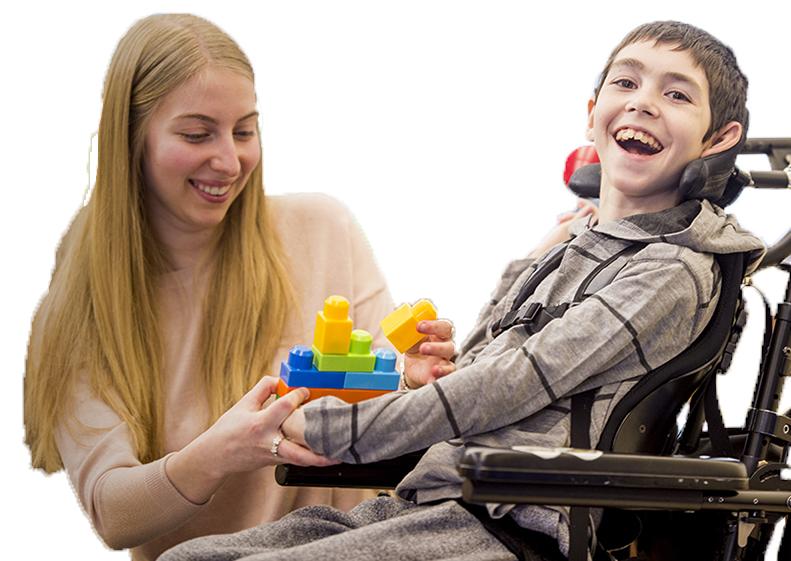Resources Directory
Search below to find a hospital, doctor, therapy, and more

Therapeutic Riding Center, EQUESTRIA @ New York
The New York Therapeutic Riding Center (NYTRC) conducts the therapeutic horseback riding program, EQUESTRIA®, for children and adults with disabilities living in the 5 boroughs of New York City. EQUESTRIA® is now based at Chateau Stables in Manhattan and has been in operation for 11 years.
GOALS OF EQUESTRIA® CLASSES
* To teach children and adults with disabilities the equestrian skills needed to become good riders
* To use horseback riding activities to facilitate specific rehabilitation objectives for individuals with disabilities
The New York Therapeutic Riding Center has served children and adults with the following disabilities :
* Arthrogryposis
* Ataxia
* ADHD
* Autism
* Blindness
* Brain Tumor
* Cerebral Palsy
* Developmental Disabilities
* Down's Sydrome
* Emotional Disabilities
* Encephalitis , Meningitis
* Epilepsy
* Hemiparesis / Hemiplegia
* Hydrocephalus
* Hypotonia
* Huntington's Disease
* Learning Disabilities
* Mental Retardation
* Multiple Sclerosis
* Muscular Dystrophy
* Osteoarthritis
* Paraplegia
* PDD
* Seizure Disorders
* Spinal Cord Iinjury
* Stroke (CVA)
* Traumatic Brain Injury
Benefits of Therapeutic Horseback Riding for various disabilities :
CEREBRAL PALSY
* Relaxation and stretching of spastic and rigid muscles
* Reinforcement of normal movement patterns
* Increased coordination
* Good balance- good posture
* Independence- stimulation of hypotonic and flaccid muscle groups
* Spatial awareness
MUSCULAR DYSTROPHY
* Minimize muscular deterioration
* Minimize loss of balance and prevent contractures
* Maintain muscle strength
* Stimulate cardiopulmonary output
* Maximize motor functions
* Strengthen trunk and pelvic muscle groups
MULTIPLE SCLEROSIS
* Prevent abnormal movement patterns
* Maintain muscle strength and control
* Maintain normal movement patterns
* Increase endurance and improve balance
* Physical independence prolonged
TRAUMATIC BRAIN INJURY
* Relaxation and stretching of spastic muscle groups
* Prevention and correction of contractures
* Muscle strengthening
* Improved balance and coordination
* Independence- stimulation of flaccid muscles
MENTAL RETARDATION I DEVELOPMENTAL DISABILITIES
* Improved balance, posture, coordination, motor development
* Increased spatial awareness, sensory awareness
* Gain in receptive and expressive skills
* Getting and keeping attention for longer periods of time
* Positive self-esteem
BLINDNESS
* Balance, posture, coordination, relaxation
* Improved self-image
Please visit our website or Contact us for more information:
